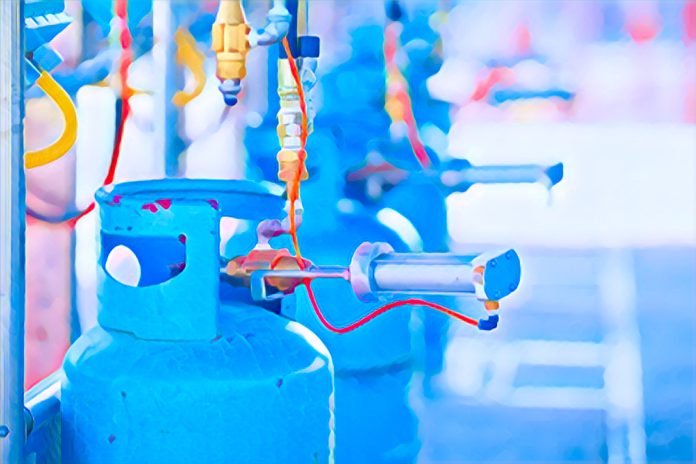Key Points
-
Marketers target 6 million-tonne LPG supply by 2025.
-
Local production growth to trigger LPG price drop in Nigeria.
-
Gas initiative aligns with the Decade of Gas policy.
Gas marketers with the Nigerian Association of Liquefied Petroleum Gas Marketers (NALPGAM) say that by 2025, Nigeria’s supply of Liquefied Petroleum Gas (LPG) could reach 6 million tonnes per year.
This would make the market more stable and lower energy costs for households.
Bassey Essien, the Executive Secretary of NALPGAM, said in Lagos that the projection is the result of the Nigeria Liquefied Natural Gas (NLNG) Limited, the Nigerian Midstream and Downstream Petroleum Regulatory Authority (NMDPRA), and the Nigerian National Petroleum Company Limited (NNPC Ltd) all working together to increase local production and distribution.
Essien said that the move fits with the Federal Government’s Decade of Gas initiative, which is led by Minister of State for Petroleum Resources (Gas) Ekperikpe Ekpo. The goal is to make gas a transition fuel and improve access to clean energy across the country.
Increasing incentives for investment and growth in infrastructure
Essien said that the current national supply of LPG is about 1.4 million tonnes, which is much less than the local demand, which is thought to be about 2.5 million tonnes per year.
He said, “Our goal is to build more infrastructure and capacity so that the market is fully balanced by 2025.”
The NLNG meets between 40% and 45% of the country’s needs, while private importers meet the rest. The country’s output is expected to get closer to the 6 million-tonne mark thanks to ongoing investments from modular refineries and midstream operators.
Farouk Ahmed, the Chief Executive of the NMDPRA, recently said that the government still plans to make licensing easier and give investors in storage, bottling, and transportation incentives to encourage more people to use cooking gas and less firewood.
Petrol marketers think that the price of LPG will go down soon
Marketers say that once logistics problems are fixed and the value of the naira stabilises, the price of LPG in Nigeria will go down. Essien also said that a steady supply would protect consumers from price shocks around the world and make the naira’s effect on energy costs stronger.
Energy experts think that Nigeria could become a major West African LPG hub in the next few years if it builds better pipelines, adds more storage, and works with foreign investors.
He told the Federal Government to put road infrastructure and marine logistics for petrol movement at the top of their list of things to do. He said that high costs and poor transport are still major problems for price stability.



